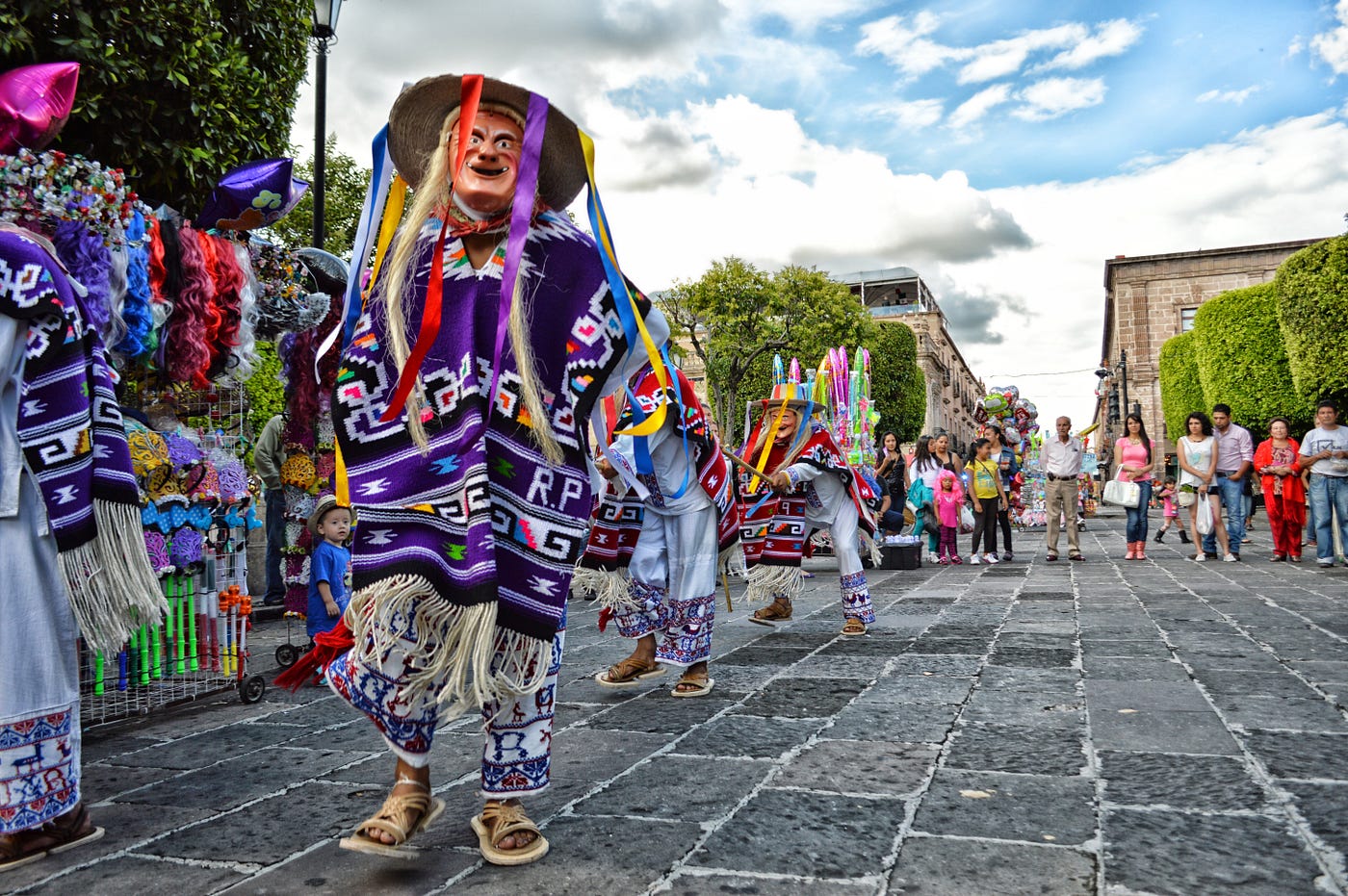
Traveling is a transformative experience, offering an opportunity to explore diverse cultures and broaden one's perspective. However, engaging respectfully with different cultures is crucial to ensure positive interactions and create lasting memories. Here, we provide essential tips for travelers seeking to engage respectfully and meaningfully with the cultures they encounter.
Embarking on a journey involves more than just visiting new places; it requires an understanding of the local cultures and a commitment to respectful engagement. Respectful cultural interactions not only enhance the travel experience but also contribute to building bridges between people from different backgrounds.
Researching Destination Cultures

Before setting foot in a new destination, take the time to research and understand the local culture. This includes learning about cultural norms, customs, and language considerations. Knowing the basics will not only help you navigate unfamiliar territories but also demonstrate your genuine interest in the local way of life.
Cultural Sensitivity in Dress Code
Respecting the local dress code is a fundamental aspect of cultural interaction. Different cultures have varying expectations regarding clothing, and adhering to these norms shows respect for traditions. Always be mindful of appropriate attire, especially when visiting religious or conservative areas.
Non-Verbal Communication
Communication is not limited to spoken words. Understanding non-verbal cues, such as gestures and body language, is vital for respectful interactions. Keep in mind that what might be considered normal in one culture could be interpreted differently in another.
Respect for Religious Practices
Religion often plays a central role in many cultures. Research and familiarize yourself with the local religious practices, and be aware of any specific behaviors expected during religious ceremonies. Demonstrating respect for religious customs fosters positive connections with the local community.
Dining Etiquette

Sharing a meal is a universal way to connect with others. However, dining etiquette varies widely across cultures. Learn about table manners and how to handle food preferences and restrictions. Observing local dining customs shows your appreciation for the culture's culinary traditions.
Social Etiquette and Customs
Greetings and introductions set the tone for interactions. Be aware of local customs when meeting new people, and consider participating in local celebrations or events. Engaging in social activities fosters a sense of community and acceptance.
Photography Etiquette
![]()
Capturing memories through photos is a common practice for travelers. However, it's crucial to be mindful of cultural sensitivities regarding photography. Always ask for permission, especially in sacred or private spaces, and respect individuals' wishes if they prefer not to be photographed.
Awareness of Local Taboos
Every culture has its taboos and sensitive topics. Research and identify these in advance to avoid unintentionally offending locals. Being aware of cultural taboos demonstrates your commitment to respectful and considerate behavior.
Flexibility and Adaptability

Travel plans don't always go as expected. Cultivate a mindset of flexibility and adaptability to navigate unexpected cultural differences. Embrace the opportunity to learn and grow from these experiences, turning challenges into valuable insights.
Building Connections with Locals
Approaching conversations with an open heart and genuine interest builds meaningful connections. Participate in community activities or initiatives, and be open to learning from the locals. This not only enriches your travel experience but also fosters positive cross-cultural relationships.
Addressing Language Barriers
While not everyone can be fluent in every language, learning basic phrases in the local language can go a long way. Utilize translation apps to bridge language gaps effectively and demonstrate your commitment to clear communication.
Handling Cultural Misunderstandings
Misunderstandings can happen, but addressing them with humility and a willingness to learn is essential. Apologize if necessary, seek clarification, and use the experience as an opportunity for personal growth and cultural understanding.
Sustainable Travel Practices

Responsible travel includes minimizing your cultural impact. Respect the environment and local resources, and support sustainable initiatives. By being a conscientious traveler, you contribute to the preservation of cultural heritage and natural landscapes.
Conclusion
In conclusion, respectful and engaging cultural interactions are the key to unlocking the true essence of travel. By researching, adapting, and embracing diversity, you not only enrich your own experiences but also contribute to the global tapestry of understanding and appreciation.
FAQs
Q. How can I learn about a destination's cultural norms before traveling?
Ans: Research online, read travel guides, and connect with locals through social media to gain insights into cultural norms.
Q. Is it necessary to learn the local language before traveling?
Ans: While not mandatory, learning basic phrases shows respect and can enhance your travel experience. Translation apps are also helpful.
Q. What should I do if I unintentionally offend someone due to a cultural misunderstanding?
Ans: Apologize sincerely, seek clarification, and use the experience as a learning opportunity for future interactions.
Q. How can I support sustainable travel practices during my journeys?
Ans: Choose eco-friendly accommodations, minimize single-use plastics, and support local businesses committed to sustainability.
Q. How do I engage with locals without intruding on their privacy?
Ans: Be respectful of personal space, ask for permission before taking photos, and participate in community activities with an open and inclusive mindset.
.








